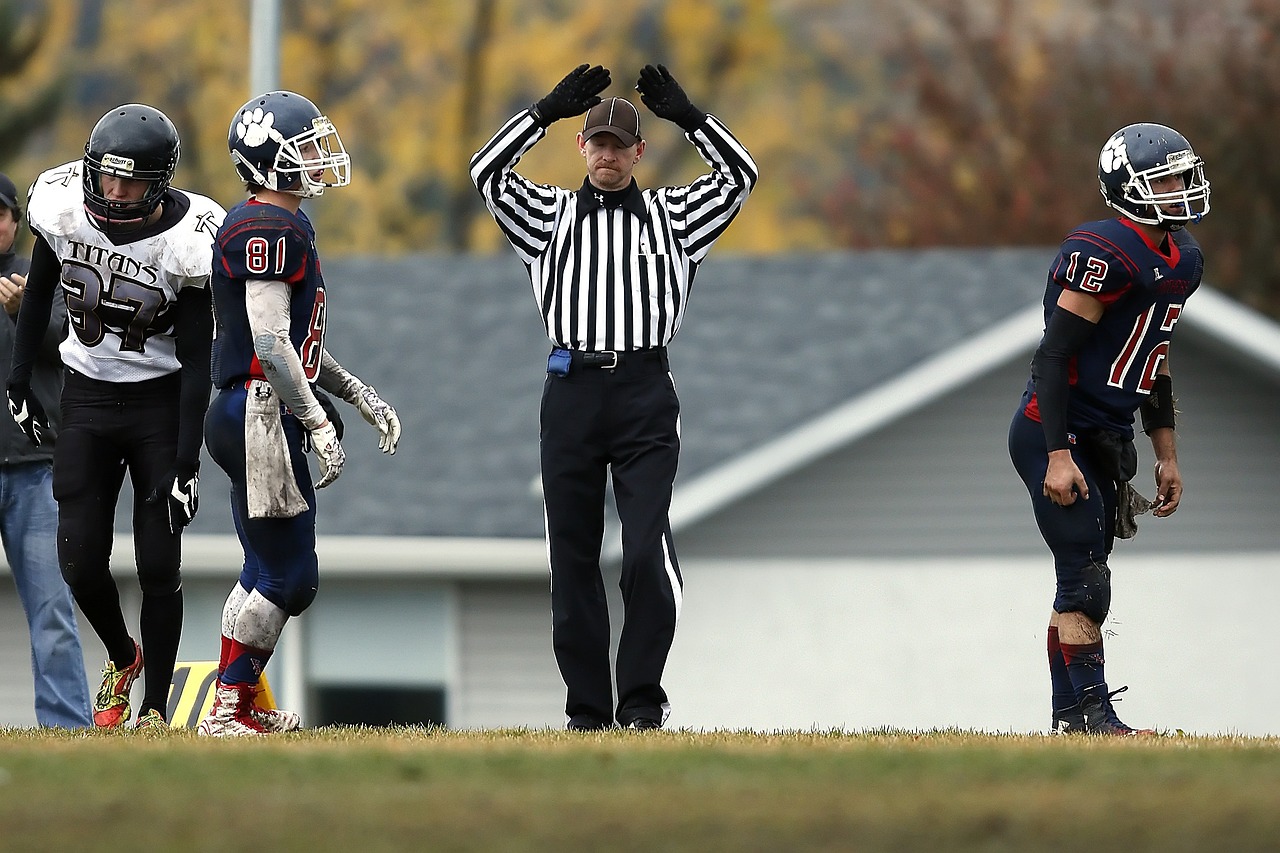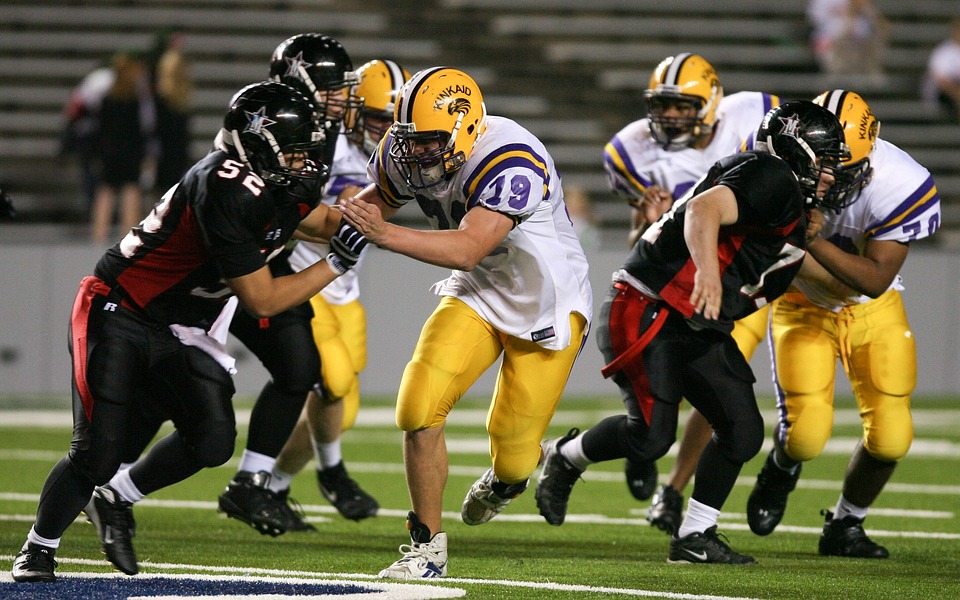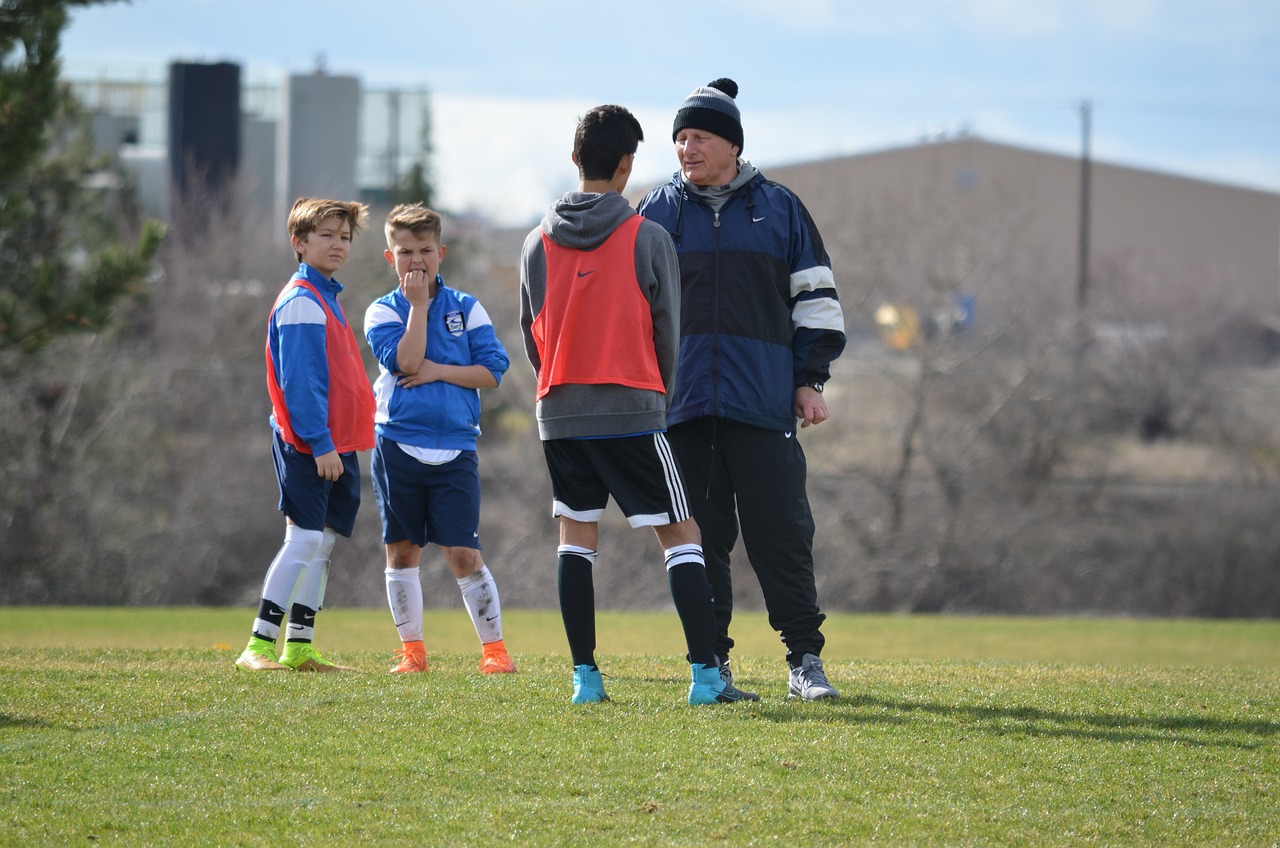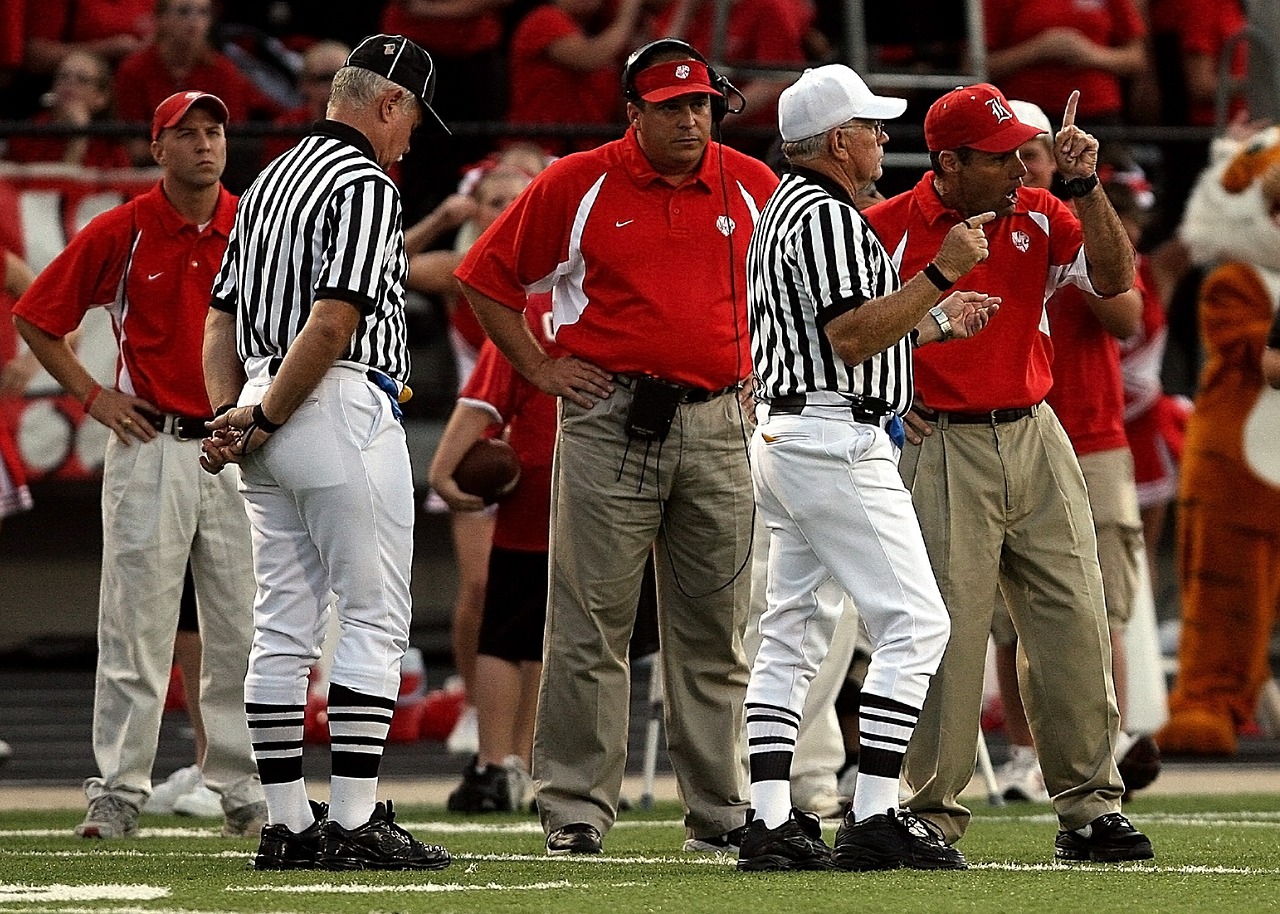The Impact of High School Football on Student-Athletes: A Comprehensive Study
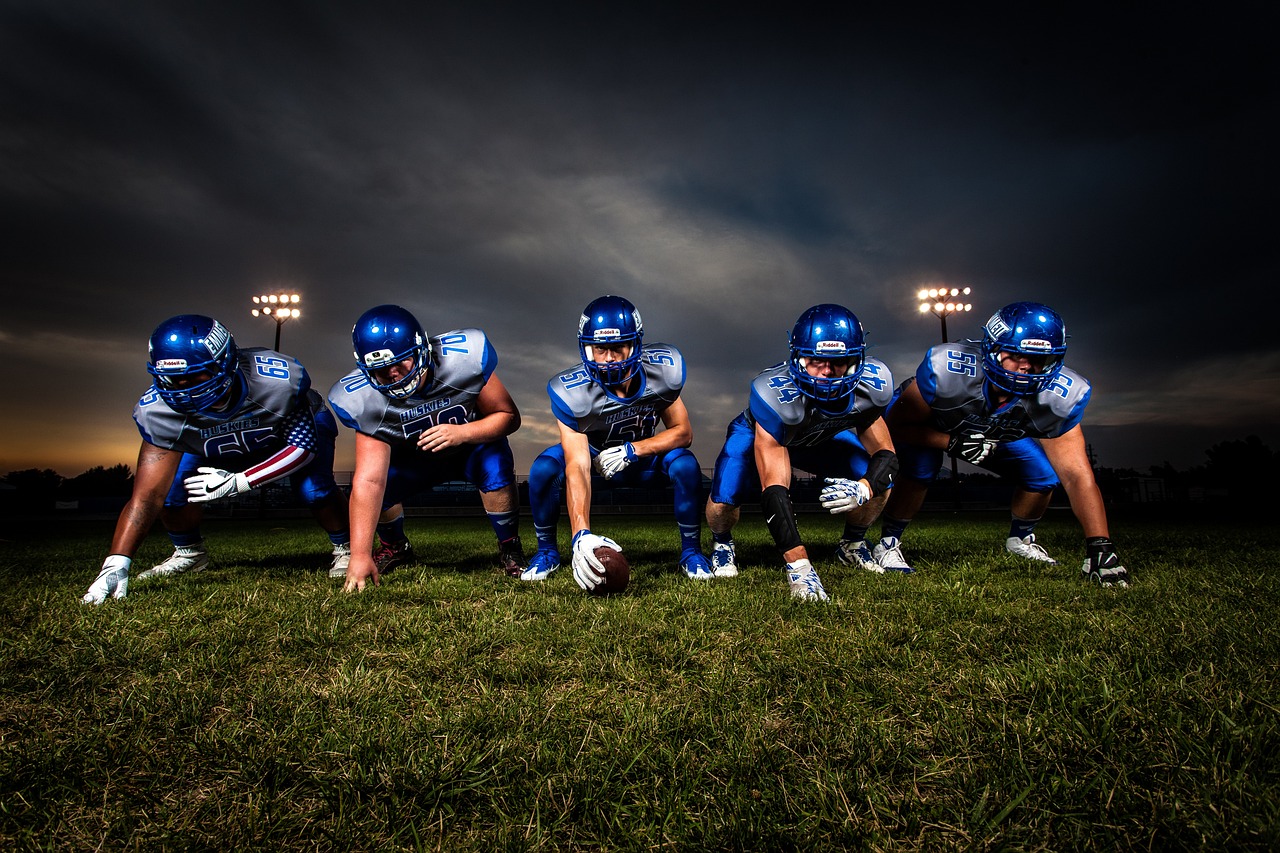
As a former high school football player and current coach, I have witnessed firsthand the impact that the sport can have on student-athletes. It is a physically and mentally demanding sport that requires dedication, hard work, and discipline. In this comprehensive study, we will examine the history and popularity of high school football, the physical and mental demands of playing the sport, its impact on academics and extracurricular activities, social skills and relationships, the role of coaches and parents, potential risks and safety concerns, benefits and positive outcomes, and how to address the challenges and concerns of high school football.
The History and Popularity of High School Football
High school football has a rich history in the United States, dating back to the late 1800s. It quickly became a popular sport due to its physicality and competitive nature. Today, it remains one of the most popular high school sports in the country, with millions of students participating each year. Football is more than just a sport; it is a cultural phenomenon that brings communities together and instills a sense of pride and tradition.
The Physical and Mental Demands of Playing High School Football
Football is a physically demanding sport that requires strength, speed, agility, and endurance. Student-athletes must undergo rigorous training and conditioning to prepare for the season. In addition to physical demands, football also has a significant mental component. Players must be able to think quickly and make split-second decisions on the field. They must also be able to handle pressure and adversity, both on and off the field.
The Impact of High School Football on Academics and Extracurricular Activities
One concern that many people have with high school football is its potential impact on academics and extracurricular activities. However, research has shown that participation in sports can actually have a positive impact on academic performance. Student-athletes learn important skills such as time management and goal setting that can be applied to all aspects of their lives. It is important for coaches and parents to encourage academic success and provide support to student-athletes who may be struggling.
The Effect of High School Football on Social Skills and Relationships
Football can also have a positive impact on social skills and relationships. Student-athletes learn to work together as a team and develop strong bonds with their teammates. They also learn important life skills such as communication, leadership, and teamwork, which can benefit them in their personal and professional lives.
The Role of Coaches and Parents in High School Football
Coaches and parents play a critical role in the success of student-athletes in high school football. Coaches must provide a safe, positive, and supportive environment for their players. They must also be knowledgeable about the sport and have the ability to develop and implement effective strategies. Parents must also be supportive and involved in their child’s athletic and academic pursuits. They should encourage their child to have a balanced approach to sports and academics and provide guidance and support when needed.
The Potential Risks and Safety Concerns of Playing High School Football
While football can have many positive benefits, it is important to acknowledge the potential risks and safety concerns associated with the sport. Student-athletes may be at risk for injuries such as concussions and other traumatic brain injuries. It is important for coaches and parents to be aware of the signs and symptoms of these injuries and take appropriate action to ensure the safety of the student-athlete.
The Benefits and Positive Outcomes of Participating in High School Football
Despite the potential risks and safety concerns, there are many benefits and positive outcomes associated with participating in high school football. Student-athletes can learn important life skills such as discipline, perseverance, and resilience. They can also develop a strong work ethic and a sense of accomplishment and pride. Football can also provide opportunities for scholarships and future career opportunities.
Addressing the Challenges and Concerns of High School Football
It is important for coaches, parents, and student-athletes to work together to address the challenges and concerns associated with high school football. This may include implementing safety measures such as proper equipment and training, creating a positive team culture, and providing academic and emotional support to student-athletes. It is also important to have open communication and a willingness to address concerns and make necessary changes to ensure the safety and success of student-athletes.
Conclusion and Recommendations for Student-Athletes, Coaches, and Parents
In conclusion, high school football can have a significant impact on student-athletes both positively and negatively. It is important for coaches, parents, and student-athletes to work together to ensure the safety and success of all involved. This may include implementing safety measures, providing academic and emotional support, and creating a positive team culture. By working together, we can ensure that high school football continues to be a positive and rewarding experience for all involved.
CTA: If you are a student-athlete, coach, or parent involved in high school football, I encourage you to take the time to consider the impact that the sport can have on your life. By working together and taking the necessary precautions, we can ensure that high school football remains a safe and rewarding experience for all involved.


